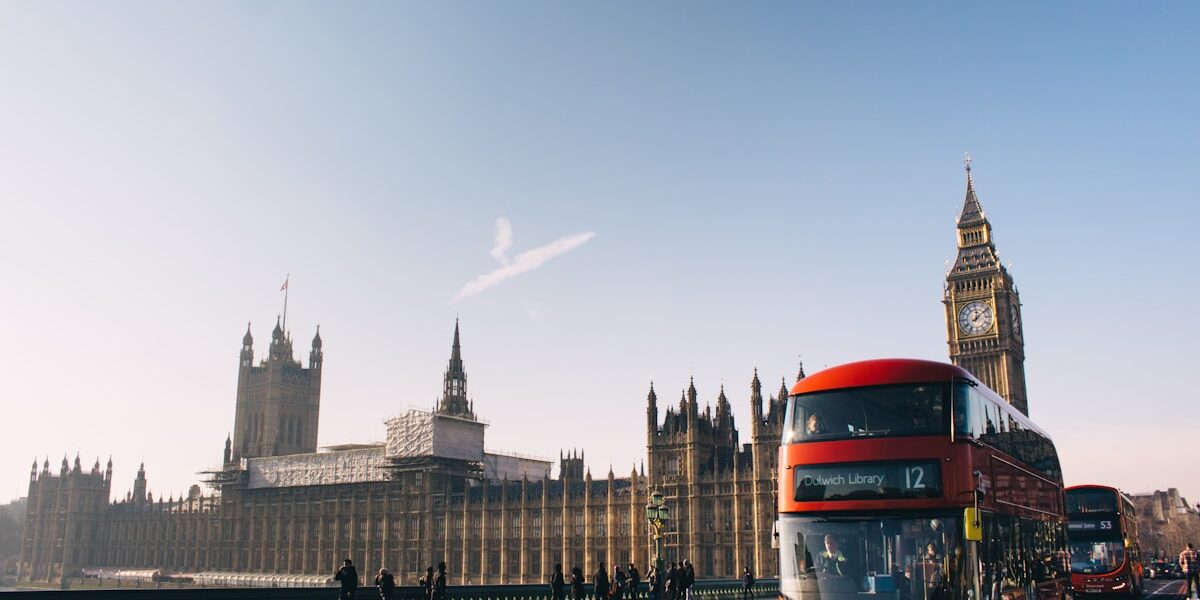JFK Airport Zip Code
Understanding the JFK Airport Zip Code
JFK Airport, officially known as John F. Kennedy International Airport, is a major airport located in Queens, New York City. The zip code for JFK is 11430. This number is essential for various logistic and geographical purposes. Let’s explore more about this zip code and the areas it covers.
Location and Importance of JFK Airport

JFK Airport is one of the busiest airports in the United States. It handles a substantial volume of international and domestic flights. Situated in Queens, the airport is a central hub for many airlines. It connects New York City to the rest of the world. The location of the airport demands efficient management of logistics. Hence, having an accurate zip code plays a crucial role.
The Role of Zip Codes
Zip codes help in the quick sorting and delivery of mail. They also assist in identifying the location for services such as cab bookings, deliveries, and navigation. For an airport like JFK, the zip code aids passengers, businesses, and services that operate around the area.
Geographic Coverage of 11430

The zip code 11430 predominantly covers the JFK Airport premises. It includes terminals, runways, and adjacent facilities. The infrastructure within the area falls under this zip code, ensuring streamlined communication and operations.
Key Facilities within the Zip Code
- Terminals for domestic and international flights
- Parking lots and rental car services
- Restaurants and food courts
- Maintenance facilities for aircraft
- Logistics and cargo services
- Airport hotels and accommodations
These facilities cater to the needs of thousands of passengers and employees every day. The zip code helps organize these amenities effectively.
Impact on Local Services and Businesses
Businesses operating within and near the airport rely heavily on the zip code 11430. This includes transport services, hospitality, and retail. The zip code is used to optimize routes, schedules, and inventory. For example, delivery companies utilize it to estimate delivery times and manage logistics efficiently.
Security and Emergency Services
The airport’s locality requires robust security and emergency services. The zip code enables first responders to quickly locate and address issues within the airport. Firefighters, medical emergency teams, and security personnel use it for rapid response. This zip code is critical for coordinating drills and real-time emergencies.
The Evolution of JFK and its Zip Code
Since its inauguration in 1948, JFK Airport has undergone significant changes. Originally named Idlewild Airport, its expansion necessitated an update in postal services. As facilities grew, so did the need for a dedicated zip code to manage increased activity. The designation of 11430 reflects the specific needs of one of the world’s leading airports.
JFK and Urban Planning in Queens
The presence of JFK Airport impacts urban planning in Queens. The zip code 11430 influences permits, construction projects, and infrastructure development. It also plays a role in zoning laws and economic policies affecting the area. This ensures that the airport operates efficiently while minimizing disruptions to nearby neighborhoods.
Technology and the Zip Code
In the digital age, zip codes are vital for technology-based services. GPS systems, online maps, and apps depend on the accuracy of zip codes. At JFK, this guarantees that passengers and staff can navigate effectively. Technology companies integrate the zip code into databases for mapping and spatial analytics. This integration aids in disaster management and planning, tracking weather patterns, and optimizing airport operations.
Postal Services Around JFK
Several postal and courier services operate within the zip code 11430. These services specialize in handling the mail flow to and from the airport. The movement of documents, packages, and cargo is constant. Hence, an efficient postal system is crucial. The zip code system helps maintain this flow, ensuring timely delivery and receipt.
Cultural and Economic Influence
JFK Airport is not just a transit point but a cultural and economic landmark. The zip code 11430 is a crucial part of its identity. It supports various cultural exchanges, tourism, and trade. The continual flow of people and goods contributes to the city’s dynamic economy. Many events and exhibitions at JFK attract diverse audiences, fostering intercultural dialogue. This exchange is a testament to New York’s status as a global city.
Transportation Networks and the Zip Code
The 11430 zip code is central to the transport network around JFK. It includes roads, rail services, and air routes connecting the airport to the city. This network is vital for public transport systems like buses and trains. The zip code helps manage traffic flows and scheduling to accommodate high passenger volumes. At peak times, its efficiency is crucial in preventing congestion and delays.
Influence on Residential Areas
Nearby residential areas are influenced by the proximity to JFK and the 11430 zip code. Property values, noise regulations, and municipal services are affected. Residents often need to adapt to airport operations, such as flight paths and scheduled maintenance. However, living near a major airport also provides economic benefits, including job opportunities in aviation and tourism.
Future Developments and Changes
As air travel evolves, JFK and its zip code will adapt to future demands. Expansion projects, technological upgrades, and service enhancements are likely. The airport’s growth will continue to impact the surrounding region and its infrastructure. Changes in transportation technology, environmental considerations, and global travel trends will influence planning decisions.
JFK’s zip code 11430 will remain an essential part of New York’s infrastructure. Its role will continue to evolve alongside the airport, reflecting changes in the aviation industry and the city’s development.
Recommended Aviation Gear
David Clark H10-13.4 Aviation Headset – $376.95
The industry standard for aviation headsets.
Pilots Handbook of Aeronautical Knowledge – $25.42
Essential FAA handbook for every pilot.
As an Amazon Associate, we earn from qualifying purchases.




Subscribe for Updates
Get the latest articles delivered to your inbox.
We respect your privacy. Unsubscribe anytime.